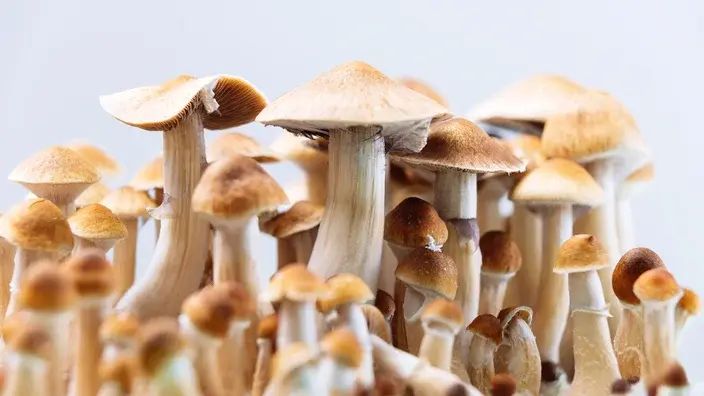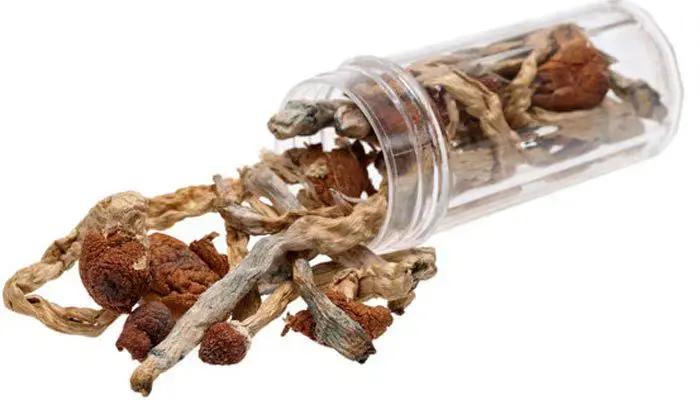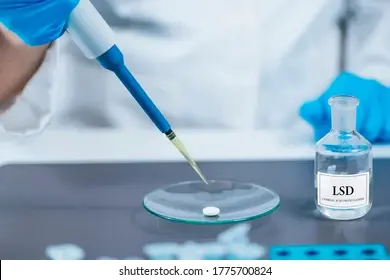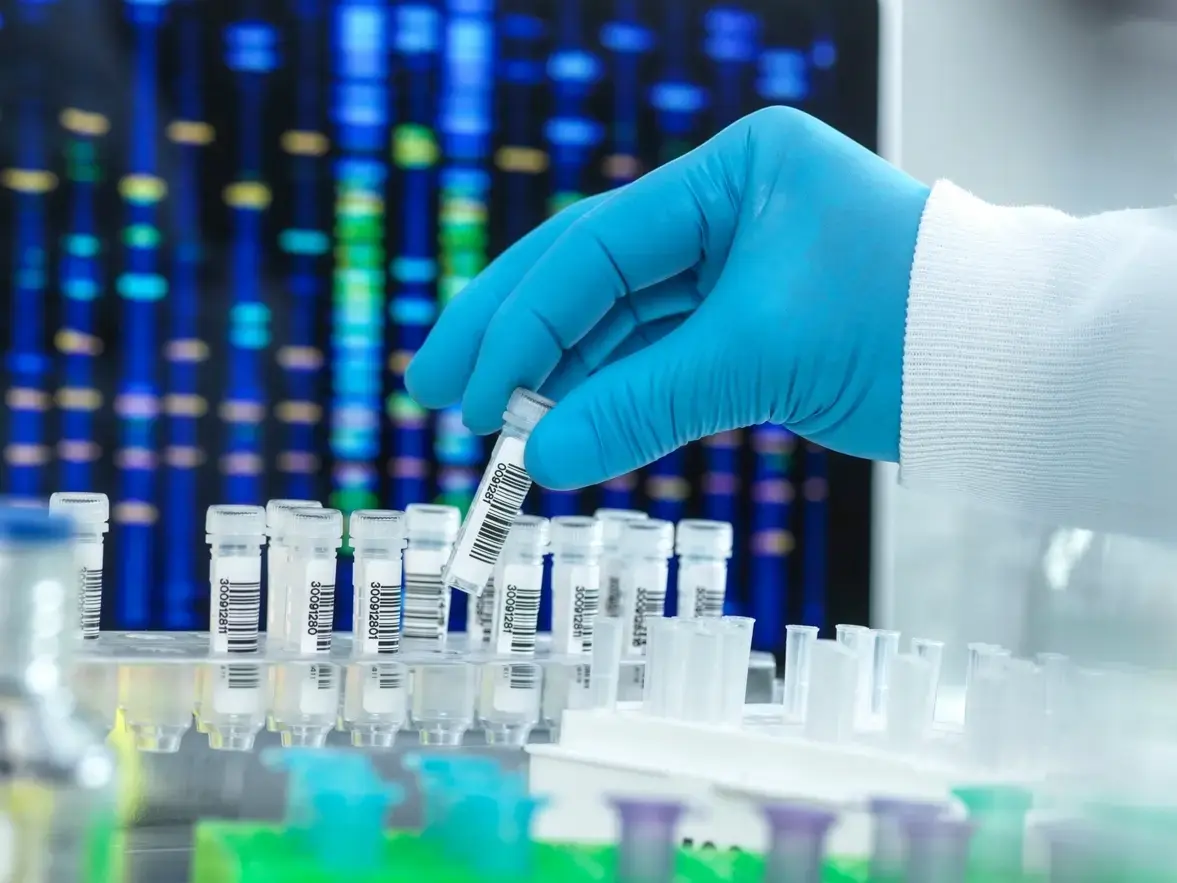Does Shrooms Come Up On a Drug Test? Psychedelic mushrooms, often called “shrooms,” have become a topic of growing curiosity. With increased discussions around psychedelic research, microdosing, and legalization, many people want to know if using these substances could affect drug testing results. Specifically, a frequent question is, “Does shrooms come up on a drug test?” This guide will explain how drug testing works, whether mushrooms show up, the specifics of psilocybin detection, and factors that can influence test results.
Does Shrooms Come Up On a Drug Test?

Understanding Drug Testing: How It Works and What It Detects
Drug testing is a common practice across various fields, from employment to legal and sports environments. Tests generally screen for substances that impair mental or physical function or are illegal without medical approval. The most common drugs screened include:
- Cannabis
- Opioids (like heroin and prescription painkillers)
- Stimulants (like cocaine and amphetamines)
- Benzodiazepines (like Xanax and Valium)
- Alcohol
Mushrooms, or “shrooms,” which contain the hallucinogenic compound psilocybin, are not as commonly included on standard drug panels. However, under certain conditions, they could be tested for, depending on the type of test and its purpose.
Common Types of Drug Tests
There are various types of drug tests, each with specific detection windows and uses:
- Urine Tests: The most widely used drug test, often required by employers. It’s effective for most drugs but less commonly screens for psychedelics.
- Blood Tests: Used primarily in medical or forensic settings due to their short detection window, blood tests are uncommon for general drug screenings.
- Hair Follicle Tests: Capable of detecting drugs used within the past 90 days, though psychedelics are rarely tested for.
- Saliva Tests: Often used in roadside drug tests but with a shorter detection period, typically up to 24-48 hours.
Each test type has pros and cons, with the choice of test often depending on the purpose, like workplace safety, medical requirements, or legal investigations.
Do Standard Drug Tests Screen for Shrooms?
The straightforward answer is no: most standard drug tests do not screen for shrooms or their primary psychoactive ingredient, psilocybin. Typical drug testing panels focus on substances known to impact performance, such as alcohol, opioids, stimulants, and THC (the active component in cannabis). Because psilocybin is not typically associated with routine drug misuse, it’s generally not included in employment drug testing panels.
However, there are exceptions. Specialized drug tests designed to detect psychedelics can identify psilocybin and psilocin (its active metabolite). These tests are rare, expensive, and typically reserved for situations involving forensic investigations or cases where psychedelic use is specifically suspected.

Understanding Psilocybin and Its Metabolism
To understand if shrooms show up on a drug test, it’s helpful to know how psilocybin works in the body. When ingested, psilocybin converts into psilocin, the compound responsible for hallucinogenic effects. Psilocin affects the brain by binding to serotonin receptors, altering perception, mood, and cognition.
Psilocin has a relatively short half-life and is quickly metabolized and excreted from the body. This rapid metabolism means that, compared to other substances, it has a shorter detection window, making it harder to detect in standard testing.
Detection Windows for Psilocybin
The detection window of psilocybin and psilocin depends on the type of test used:
- Urine Tests: Psilocybin may be detectable for up to 24 hours, but most urine tests don’t screen for it.
- Blood Tests: Psilocin can be detected for approximately 6-12 hours after ingestion. However, blood tests are rarely used to screen for psilocybin.
- Saliva Tests: Psilocybin and psilocin are detectable for a short period (up to 24 hours), but saliva tests are uncommon for psychedelics.
- Hair Follicle Tests: While theoretically possible to detect psilocybin for up to 90 days, hair tests are unlikely to be used due to the low demand for psilocybin testing.
If psilocybin testing is requested, urine or blood tests would be the primary methods. However, even specialized tests must be conducted shortly after ingestion, as psilocybin and psilocin exit the body rapidly.
When Might Psilocybin Testing Be Required?
Though rare, there are situations where psilocybin or psilocin testing may be specifically requested. These include:
- Legal Investigations: Psilocybin testing may be requested if psychedelic use is suspected in a crime, such as driving under the influence.
- Rehabilitation Programs: Some drug treatment programs require comprehensive testing for all drugs, including psychedelics.
- Athletic Organizations: Competitive athletes in some sports may be tested for all psychoactive substances, including psilocybin, under strict anti-doping regulations.
Most people taking a standard pre-employment drug test or routine workplace testing do not need to worry about psilocybin detection, as it’s not typically screened in these cases.
Factors Affecting Psilocybin Detection
The short detection window of psilocybin in the body is influenced by factors like:
- Dosage: Higher doses take longer to metabolize, potentially extending the detection window.
- Frequency of Use: While infrequent use may clear within a day, regular users could have slightly prolonged detection times.
- Individual Metabolism: People with faster metabolisms clear substances more quickly, including psilocybin.
- Hydration Levels: Being well-hydrated may assist in faster elimination of psilocin through urine.
These factors collectively impact whether psilocybin can be detected, although the rapid metabolism of psilocin generally limits detection opportunities.

How to Prepare for a Drug Test If You’ve Used Shrooms
If you’re concerned about drug testing after using shrooms, here are some practical tips:
- Know the Test Type: Since standard panels don’t include psilocybin, confirm whether a specialized test might be used.
- Time Your Use Carefully: Given that psilocybin exits the body in about 24 hours, waiting at least 48 hours before testing generally ensures it’s undetectable.
- Stay Hydrated: Drinking water may aid in flushing out metabolites, but it doesn’t guarantee complete removal.
- Consider Seeking Advice: If you’re in a legal or medical situation where psychedelics may be tested, a legal advisor or medical professional can provide guidance.
Understanding the type of test can help gauge the likelihood of detection, but in general, users of psilocybin have little to fear from routine drug screenings.
Alternative Psychedelics and Drug Testing
While psilocybin testing is rare, other substances related to psychedelics, such as LSD and MDMA, have different detection characteristics:
- LSD: Typically undetectable on standard tests, but specialized tests can identify LSD for up to 8 hours in blood and up to 3 days in urine.
- MDMA: Often included in extended drug panels (e.g., for ecstasy), detectable for up to 2 days in urine and up to 24 hours in blood.
Each substance has unique testing properties, and as research into psychedelics continues, new testing methods may emerge.
Legal Implications of Psilocybin Use
Psilocybin’s legal status varies worldwide. In the U.S., it is classified as a Schedule I substance under the Controlled Substances Act. However, some states and cities have decriminalized or deprioritized its enforcement, particularly for medical or research purposes. Examples include:
- Oregon: The first state to legalize psilocybin for supervised therapeutic use (Measure 109).
- Colorado: Approved limited legalization in specific contexts as of 2022.
- California and Washington, D.C.: Some cities have decriminalized personal use or possession.
For updated information on the legal status of psilocybin in different regions, check official government websites or state resources on drug policy.
Conclusion
In summary, shrooms rarely show up on a standard drug test. Unless a test is specifically designed to detect psilocybin or psilocin, such as in forensic cases or specific legal situations, typical employment or routine drug tests do not include them. This is due to the relatively low potential for abuse, limited association with impaired performance, and the fast clearance of psilocybin from the body.
For most people, standard drug screenings for jobs or medical requirements focus on other substances. However, in specialized or legal cases, individuals should be aware of the possible circumstances where psilocybin might be tested and act accordingly.




